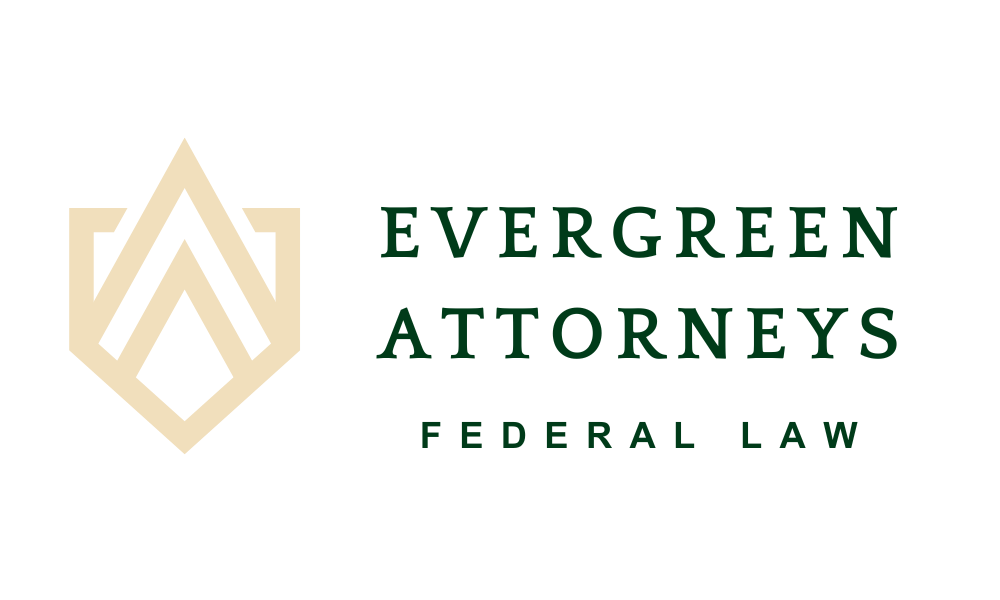Share
Share

Fraud is one of the most commonly prosecuted white collar crimes and is predominantly present in the banking, securities, insurance, and healthcare industries. According to the United States Sentencing Commission, the average sentencing for individuals involved with healthcare fraud is 27 months. In addition, 89.5 percent of individuals prosecuted for healthcare fraud had little or no previous criminal history.
If you find yourself involved with, or as the target of a federal healthcare fraud investigation, you need your case to be proactively managed by an experienced defense attorney. You may be facing potential prison time, hefty fines, and penalties; along with the loss of your business and professional reputation. It’s critical to quickly attain representation to protect your rights and personal interests.
Healthcare Fraud Law
Title 18 of the United States Code section 1347 (18 U.S.C § 1347) defines healthcare fraud as follows:
Whoever knowingly and willfully executes, or attempts to execute, a scheme or artifice—
(1) to defraud any health care benefit program; or
(2) to obtain, by means of false or fraudulent pretenses, representations, or promises, any of the money or property owned by, or under the custody or control of, any healthcare benefit program, in connection with the delivery of or payment for healthcare benefits, items, or services, shall be fined under this title or imprisoned not more than 10 years, or both.
This section also states that if the violation results in serious bodily injury a person can be fined—individuals up to $250,000 and businesses up to $500,000—and/or imprisoned up to 20 years; and if the violation results in death, a person can be fined and/or face a life sentence.
In addition, section 1347 explains that a person doesn’t need to have knowledge of the law or specific intent to break this law.
Healthcare fraud involving common schemes or plan may also be charged under 18 U.S.C. § 1349–Attempt and Conspiracy.
Section 1349 states that any person who attempts or conspires to commit any offense under this chapter shall be subject to the same penalties as those prescribed for the offense, the commission of which was the object of the attempt or conspiracy.
In many cases, it can be easier for the government to bring conspiracy charges. To obtain a conspiracy conviction, the government generally need only prove three essential elements: 1) two or more people agreed to a common plan, 2) the defendant knew the unlawful purpose, and 3) joined willingly with the intent to further the unlawful purpose.
Another avenue that’s less commonly charged but often used as a pre-indictment method of resolving a case is making false statements relating to health care matters under 18 U.S.C. § 1035.
This statute involves making false statements relating to healthcare matters such as the delivery of or payment of healthcare benefits, items, or services. This includes actions to falsify, conceal, or cover up material fact or make materially false, fictitious, or fraudulent statements or representations, or make/use of any materially false writings or documents knowing them to be false, fictitious, and/or fraudulent. Those found in violation of this law may be fined and/or imprisoned up to five years.
In addition, the federal government may also bring charges under the general conspiracy statute, 18 U.S.C. § 371, which covers conspiracy to commit offense or to defraud the United States.
Section 371 states the following:
If two or more persons conspire either to commit any offense against the United States, or to defraud the United States, or any agency thereof in any manner or for any purpose, and one or more of such persons do any act to effect the object of the conspiracy, each shall be fined under this title or imprisoned not more than five years, or both.
If, however, the offense, the commission of which is the object of the conspiracy, is a misdemeanor only, the punishment for such conspiracy shall not exceed the maximum punishment provided for such misdemeanor.
Investigating Agencies
The Federal Bureau of Investigation (FBI), Department of Justice (DOJ), and the Office of Inspector General (OIG) are responsible for investigating healthcare fraud, but also partner with other federal, state, and local agencies, as well as the Healthcare Fraud Prevention Partnership, and various insurance groups including the National Health Care Anti-Fraud Association, the National Insurance Crime Bureau, and insurance investigative units.
Federal prosecutors can use various statutes/laws to pursue indictments, such as:
- Federal Health Fraud Statute
- Federal and State False Claims Act laws
- Federal Civil Monetary Penalties Statute
- Federal and State Anti-Kickback Statutes
- Federal False Statements Statute
- Laws and Regulations of Medicare and Medicaid…such as the Physician Self-Referral Law also known as the Stark Law
Medical Provider Misconduct
Common types of health care fraud as listed by the FBI includes fraud committed by medical providers, patients and/or other individuals, and fraud involving prescriptions.
Fraudulent activities committed by medical providers can include:
- Double billing: multiple claims are submitted for the same service
- Phantom billing: service visits and/or supplies are billed but the patient never received them
- Unbundling: a provider submits bills for each part of a medical procedure rather than billing it as a singular event
- Upcoding: billing is submitted for a more costly service than the patient received
As well as–
- Billing for services that weren’t medically necessary
- Receiving ‘kickbacks’ or compensation for goods and services
- Conducting unlicensed services
- Falsifying medical records and/or diagnoses for optimal billing
Specifically, regarding illegal remunerations, also known as ‘kickbacks,’ title 42 U.S.C. § 1320b details the violations involved with anyone who solicits or receives any remuneration (kickback, bribe, or rebate) directly or indirectly, overtly or covertly, in cash or in kind (examples include gifts, travel, free and/or discounted supplies or services, etc.) Violations within this statue can carry a felony conviction, fines up to $100,000, and up to 10 years in prison.
Also of note, anyone who abuses a beneficiary identification number—knowingly and willfully purchasing, selling and/or distributing, or arranging for purchase, sale and/or distribution of a beneficiary identifier, can face up to $500,000 in fines ($1M for corporations) and up to 10 years of imprisonment.
The Process
During the beginning stages of a federal investigation, you may not be fully aware of all the allegations and potential charges involved—and you don’t want to be surprised by unforeseen implications at the time of a federal indictment. Again, it’s why obtaining legal counsel immediately is imperative. We work with the investigative agencies to discover the breadth of the investigation and the statutes and penalties being considered. In addition, we always strive to negotiate a resolution before a charge is brought forth. Federal investigations can last months or continue for years, and a solid defense strategy is needed to successfully navigate complex healthcare fraud cases.
Zachary Newland
Zachary Newland is an attorney, author, aspiring BBQ connoisseur, and mediocre skier. Zachary's law practice is focused on federal criminal defense, federal appellate advocacy including post-conviction remedies, civil rights litigation, and complex trial work. Zach lives in Evergreen, Colorado with his family. You can reach Zach at [email protected] to discuss your case or call him directly at 303-948-1489.
STAY IN THE LOOP




